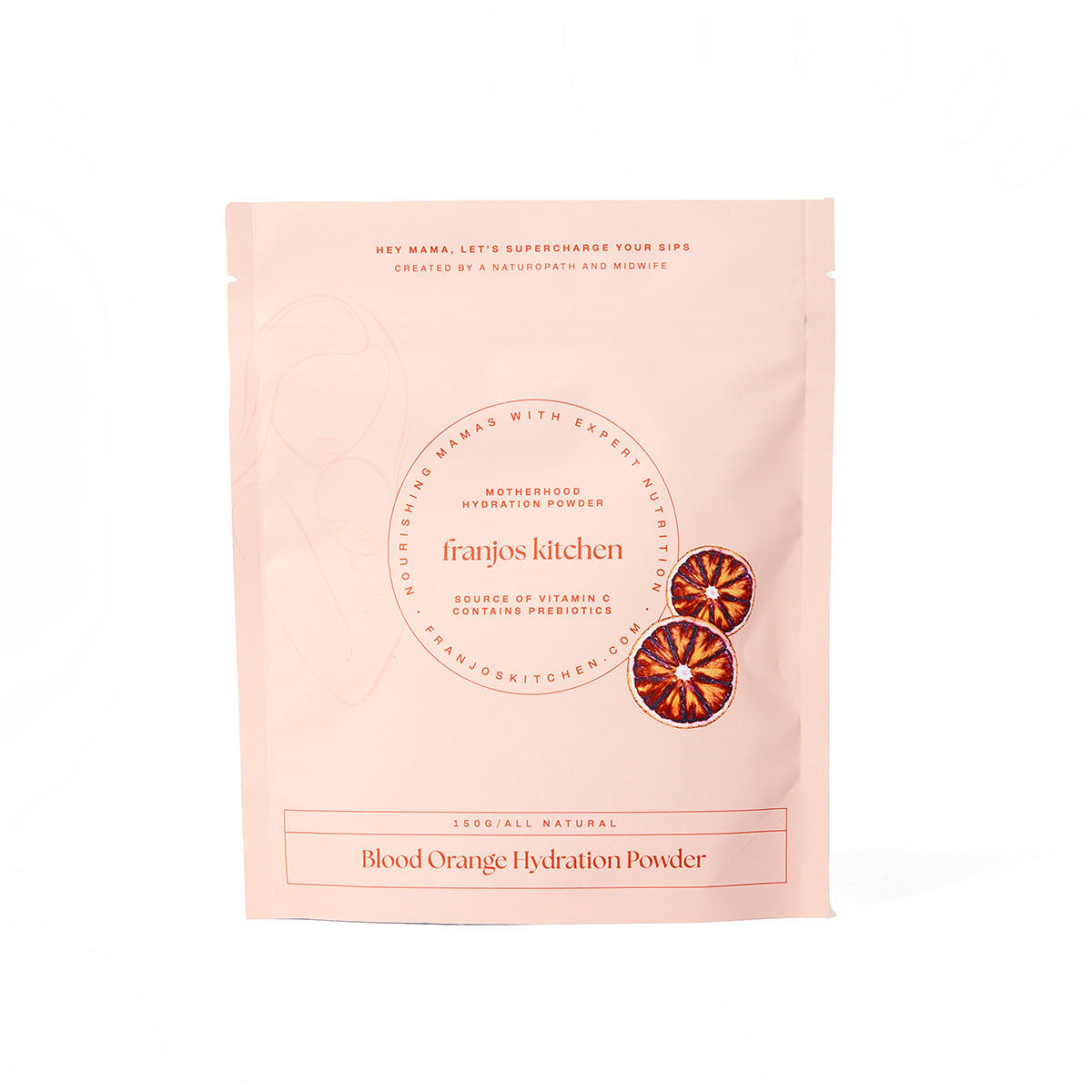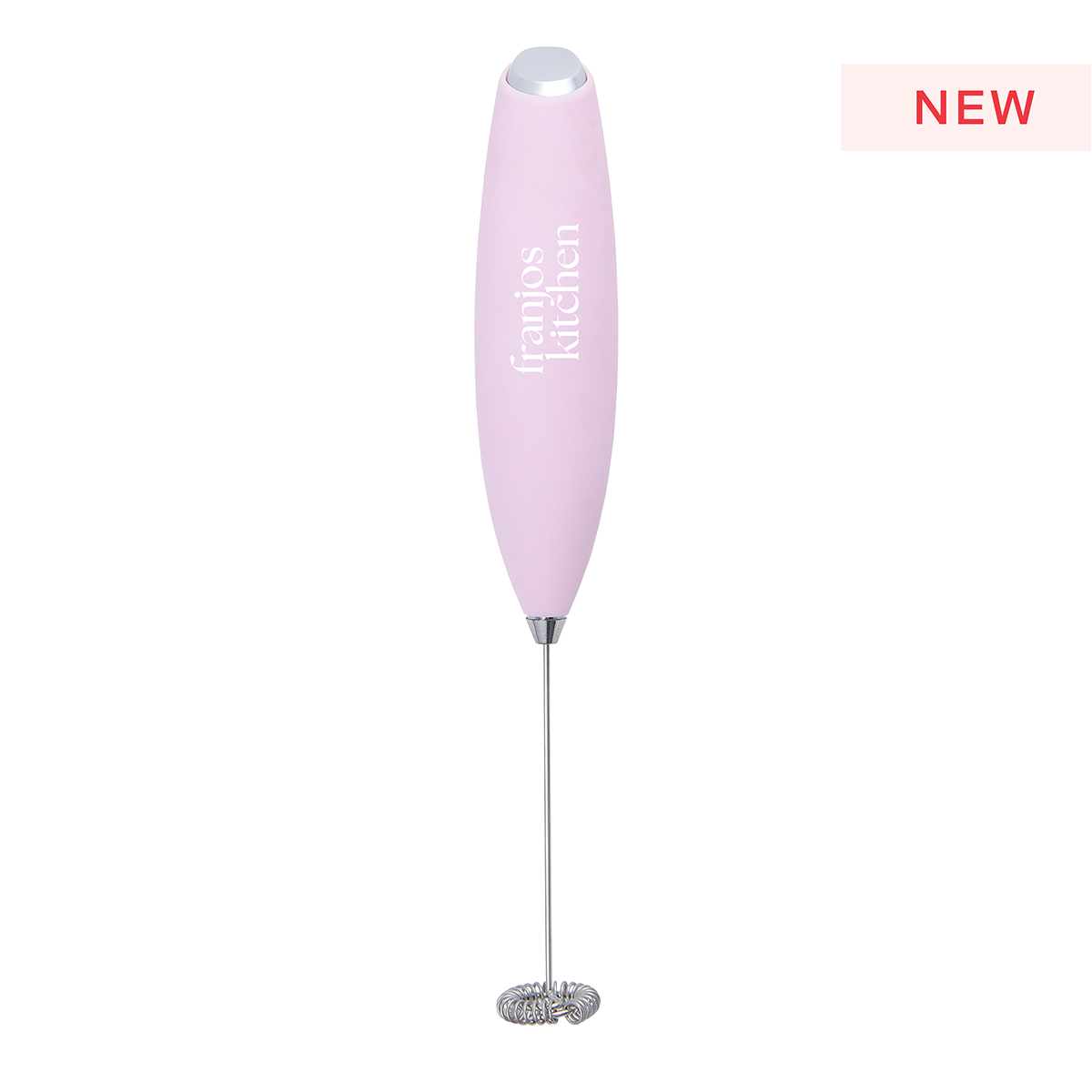Baby's Movements are SO Important in Pregnancy. Why?
Your baby movements:
Movements matter, a lot. As I midwife, I talk about the importance of your baby’s movements, at every appointment after 24 or so weeks, with every mama. The reason why? Your baby's movements are the BEST indicator of how they are doing inside.
You will normally start to feel the first movements between 20-25 weeks, a flutter to a nudge to full-blown kicks. Baby will quickly develop a pattern of movements that becomes normal and familiar to you. For first time mamas, this is often a bit later, after around 20 weeks - but for mamas who have been pregnant before, you can often identify movements sooner.
Once you know your bubs movements pattern, it is important to monitor their movements each day.
If you feel like your baby has been moving less than usual, time to sit down, put your hands on your tummy, and really monitor movement for a few minutes. Sometimes, the day is so busy you don’t remember the last time you ate let alone felt baby, and that’s okay. If however, movements remain reduced or slowed or even just ‘different’ it is time to get a check-up.
When a baby becomes unwell, one of the first things they will do is reserve their energy, by moving less. Never ever feel like its a ‘waste of time’, you are always encouraged to be checked over because you truly know your baby far better than anyone else. As your baby grows, movements should remain as frequent, however the feeling becomes more like rolling movements as there is a lot less space to be doing karate in there now.
The take-home from this? If you are worried, don’t wait - call your hospital and get checked. The midwife on the other end of the phone will happily chat with you and likely ask you to come into the delivery ward. Getting ‘assessed’ generally means a CTG (monitor of baby’s heart rate), an ultrasound, and a check over by the obstetrician, nothing to be afraid of. If bub isn’t coping and you are later in your pregnancy - there may be a discussion around induction. As it normally happens, the second you walk into the delivery ward baby will start playing soccer with your bladder and have a full-blown dance party, just to keep you on your toes mama!
Written by midwife Aliza Carr from @bumpnbub to read more important midwifery information, head to https://www.bumpnbub.com/blogsA great resource: http://movementsmatter.org.au/information-for-women/



